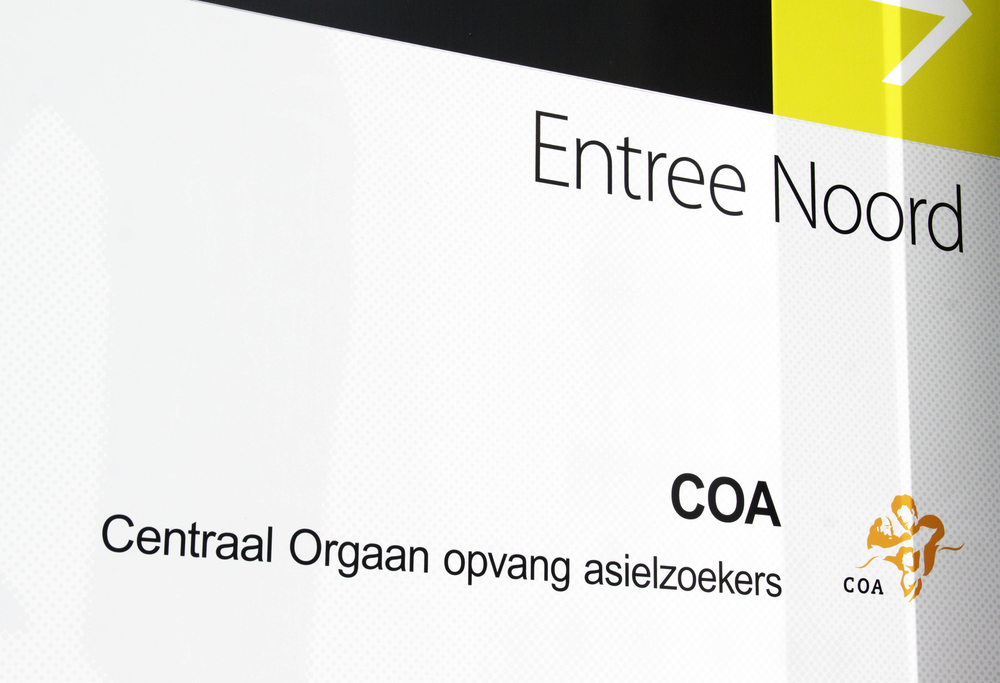Surge in refugee children living in Dutch sports halls, offices

The number of refugee children living in emergency centres rather than formal accommodation has more than doubled to 5,566 over the past year, according to a new report by the children’s rights alliance Kinderrechtencollectief.
“Thousands of children are cooped up in empty sports halls or office buildings,” chairman Marc Dullaert told broadcaster NOS. “There is little in the way of sanitation and hygiene is very poor. They are not being vaccinated against measles, whooping cough and TB. The centres are extremely noisy and lacking in privacy, so they sleep poorly.”
The children are moved frequently and have to wait a long time before they have access to education. “Some children are having to move six or eight times while their case is being processed. This is not what emergency accommodation should be used for,” Dullaert said.
Emergency housing in large halls is supposed to be a stop-gap measure but the shortage of regular housing means refugees who have been granted residency permits are still living in formal shelters, taking up beds meant for new arrivals.
Government inspectors and the United Nations’ children’s rights committee have also described living conditions in the emergency shelters as unacceptable on several occasions.
“I cannot help but conclude that when multiple official government inspectors sound the alarm, the government is looking the other way,” Dullaert said. “Does something terrible have to happen before [ministers] intervene?”
A spokesman for asylum minister Marjolein Faber told news website Nu.nl the continued high pressure on reception centres is creating distressing situations which is “ particularly undesirable where children are concerned”.
However, the only way to create more space in regular refugee centres is to reduce the influx of new asylum seekers, she said.
The Parool reported at the weekend that refugee settlement agency COA had wanted to turn more regular refugee centres into emergency locations so they could cram in more beds.
However, the plan was torn up because it would have meant some local authority areas providing beds for more refugees than agreed.
Thank you for donating to DutchNews.nl.
We could not provide the Dutch News service, and keep it free of charge, without the generous support of our readers. Your donations allow us to report on issues you tell us matter, and provide you with a summary of the most important Dutch news each day.
Make a donation